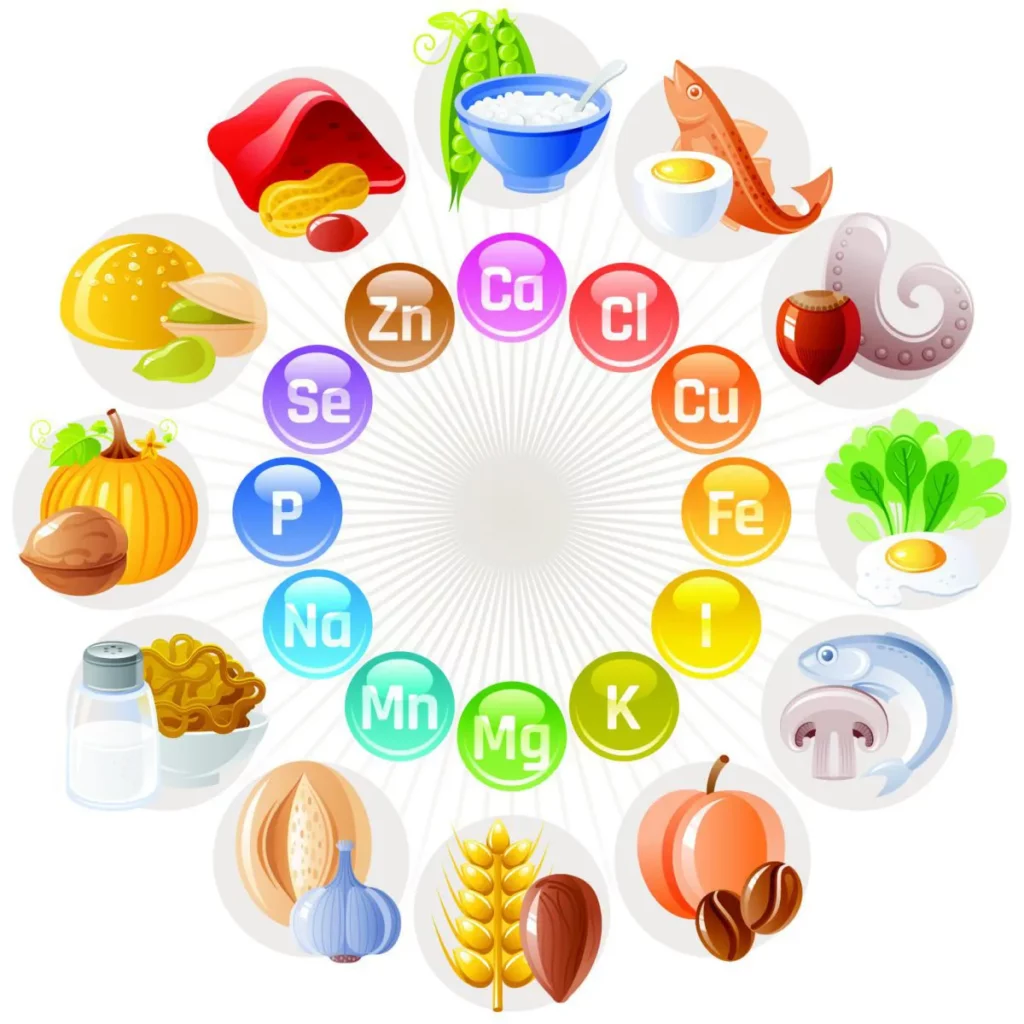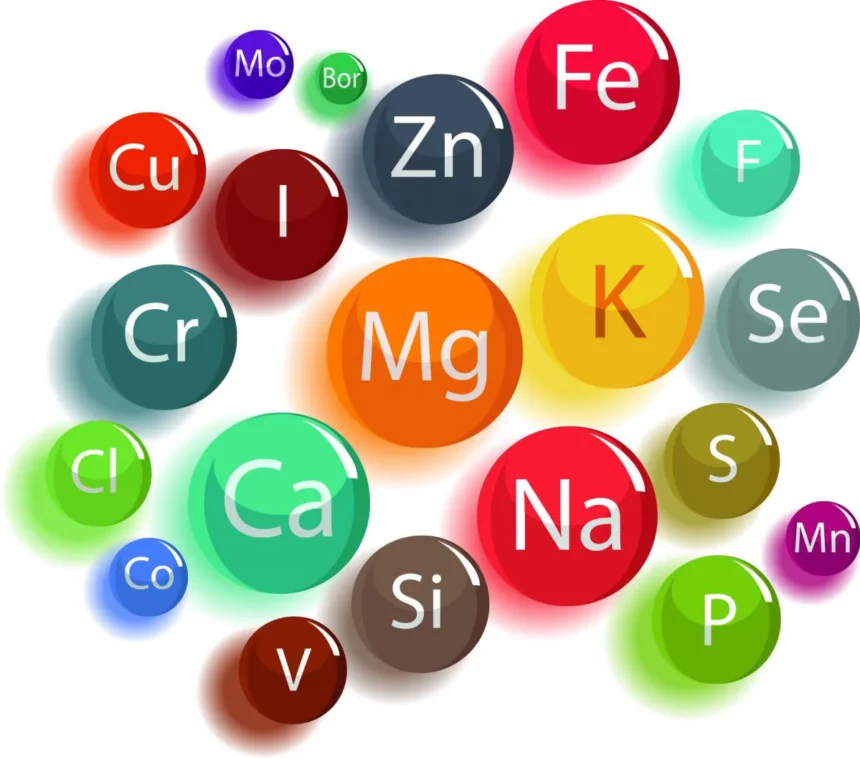With today’s fast-paced lifestyles, eating healthy has never been tougher. From cooking meals at home and buying local ingredients, people moved to takeaways that, while convenient, can be rather unhealthy. Recent developments, however, suggest that this is changing. As incidences of lifestyle-related diseases like diabetes and hypertension increase, people are becoming more conscious of their health and fitness. In this regard, we cannot overstate the role of a balanced diet not just in terms of fats, carbohydrates, and proteins but also important compounds like vitamins and minerals. So, what role do minerals play in our health and why is a daily dose significant? Read on to find out.
What are the important minerals?
It’s impossible to overstate the importance of minerals and trace minerals to the healthy growth and development of the human body. They act as catalysts for all the vitamins and other nutrients that your body uses. There are two categories of minerals – macrominerals that our body needs in large quantities and trace minerals that it needs in smaller amounts. Macrominerals include calcium, sulfur, phosphorus, magnesium, chloride, potassium, and sodium. The trace minerals our body needs are iron, selenium, manganese, iodine, copper, fluoride, cobalt, and zinc.
The benefits of minerals

While a healthy diet should provide the necessary minerals, in some cases supplementation may be needed. In these instances, you must consider using natural mineral complexes that have high bioavailability, i.e. a high rate of absorption into the body’s circulatory system. A balanced mineral intake can:
- Promote healthy growth of the body
- Strengthen the immune system
- Improve energy levels
- Support bone
mineralisation , enzyme reactionsand nerve health. - Promote dental health
- Improve brain function
- Prevent muscle loss
- Facilitate the optimal production of hormones
- Ensure proper blood circulation
Deficiency symptoms
Deficiencies of any mineral in your body can lead to many health problems if left unchecked. Each mineral deficiency has different symptoms. Possible signs include:
- Constipation, bloating or abdominal pain
- Decreased immunity
- Diarrhoea
- Irregular heart beat
- Loss of appetite
- Muscle cramping
- Nausea and vomiting
- Seizures
- Numbness or tingling in the extremities
- Poor concentration
- Slow social or mental development in children
- Fatigue
It is vital to note that while specific products or remedies may highlight individual minerals, this is a flawed approach. Minerals work in synergy across various reactions which means a balanced mineral profile supports the healthy functioning of the body.
Discover the power of natural, balanced minerals

Supplements like QNet’s Nutriplus InOcean, with its balanced blend of minerals like Magnesium, Chloride, Sodium, Potassium, Sulphur and Calcium derived from concentrated sea water, are entirely natural. This product helps fight signs of ageing, enhances your immune system, augments brain activity, improves skin quality, relaxes muscles, improves sleep quality and also helps reduce fatigue. Optionally, adding a few drops of Nutriplus InOcean to a glass of can turn it into an instant sports electrolyte drink, great for post-exercise rehydration.
As with any nutritional decision, consult your physician before making any changes.
Also Read








